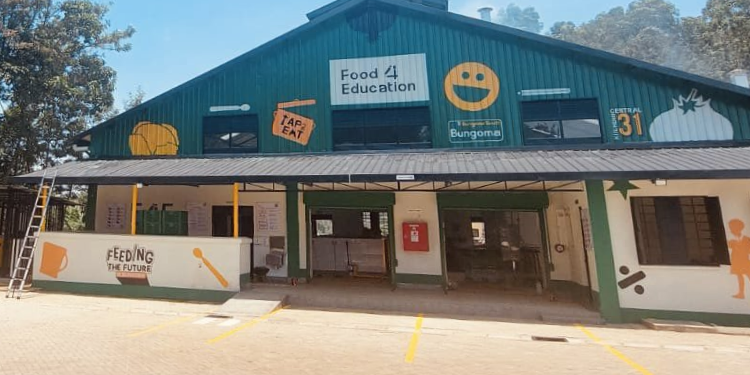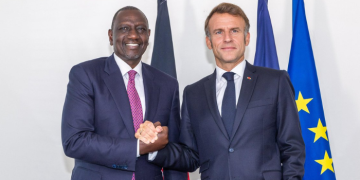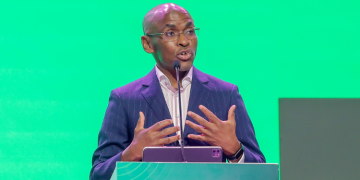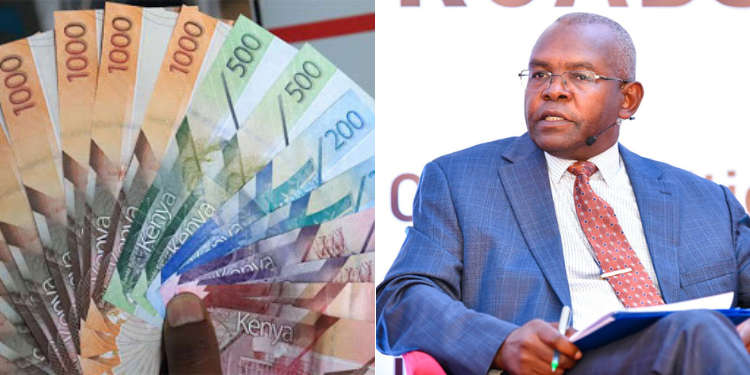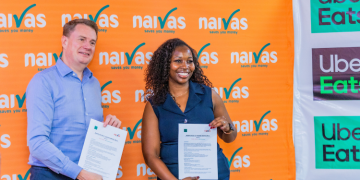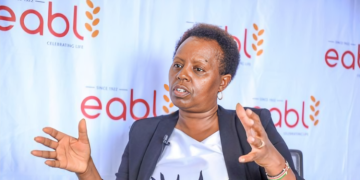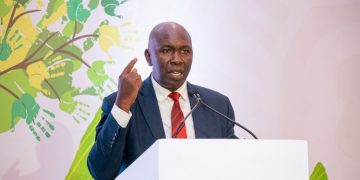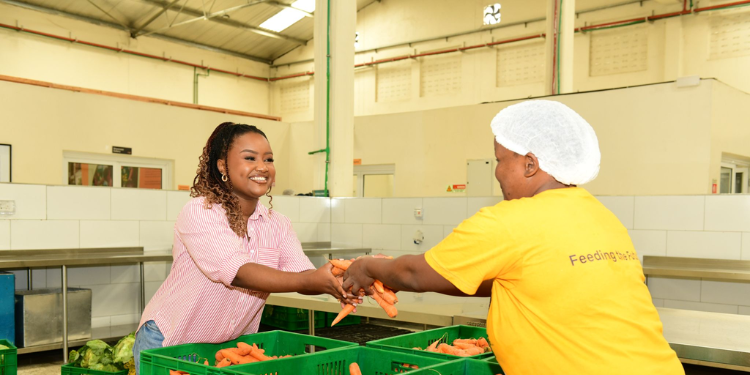Wawira Njiru, the founder of the Food4Education organisation, has established one of Africa’s biggest school-feeding systems, which provides 600,000 meals daily to children across Kenya.
In her recent appearance on CNBC’s Changemakers and Power Players podcast, the nutritionist and food scientist highlighted the scale of that achievement, placing global attention on a mission she began more than a decade ago.
Njiru, in the conversation, explained the values that shaped her work, crediting a childhood in a family of church leaders and healthcare workers for instilling what she called “a big inclination towards service.”
Those early influences guided her long before Food4Education existed. Njiru left Kenya in 2010 to pursue a Bachelor of Nutrition and Food Science at the University of South Australia, an experience that sharpened her understanding of food security and exposed her to the vast gap between available resources abroad and the needs back home.
How Wawira Njiru established Food4Education
At 20, she organised her first fundraiser, cooking a meal for 80 people in Australia to support children in her community. The food, she later joked, was a disaster—“burnt rice”—but the event raised $1,250, enough to begin feeding 25 children.
That small experiment became the foundation of Food4Education, which she formally established in 2012. Wawira focused on building not just a feeding programme, but a system capable of scale. Food4Education operates central kitchens that pair technology with strict cost efficiency to keep meals affordable and accessible.
The kitchens—now numbering 18, including the organisation’s flagship Giga Kitchen—prepare hot, nutrient-dense meals featuring locally sourced ingredients and high protein-to-carbohydrate ratios. The organisation’s cost structure keeps lunch at $0.30 or less, a price made possible by efficiencies “from field to fork.”
A significant part of the model is community ownership. Many staff members working in the kitchens are parents of the children receiving meals. The supply chain has also grown with the programme.
Also Read: The Billionaires of Kenya: Meet Teacher Turned Businesswoman Leah Wanjiku Muguku
Njiru often highlights suppliers like Mary, who began working with Food4Education in 2012, delivering meals on a motorbike and now runs a network of 65 trucks. These stories reflect what Njiru describes as an ecosystem of economic benefit built around feeding children.
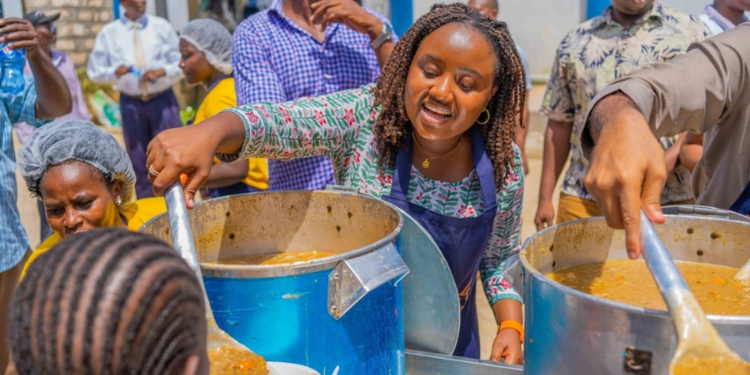
Expansion and impact
In 2019, Food4Education introduced Tap2Eat, a wristband-based payment system linked to digital wallets that parents can top up through mobile money. Government and philanthropic support fill any gaps, ensuring that every child receives a meal regardless of family income.
Each tap also provides attendance and demand data, enabling kitchens to prepare the right quantities and operate with near-zero waste. The system blends dignity, efficiency, and accountability—principles Njiru summed up as “operationalizing dignity.”
“By tapping [the wristband], we’re able to know that a kid is in school today. And by looking at what the trends are, we’re able to know whether they are likely to come to school tomorrow. So predictive analytics really help us make sure that we’re not cooking too much, we’re not cooking too little, we’re cooking precisely what we’re supposed to be cooking. And that is a huge thing.”
Food4Education’s entry into a school typically leads to a 30% increase in enrolment, improved attendance, better health outcomes, and stronger academic performance. The organisation expanded operations to Kenya’s coast in 2022 and now serves children in more than 1,500 schools.
Also Read: Dr Gladys Ngetich: Award-Winning Kenyan Engineer Who Earned a PhD at 28 Without a Master’s
Beyond Kenya, Njiru is exploring partnerships across the African continent. Food4Education aims to feed one million children per day by 2027 and three million by 2030.
Global recognition
Njiru’s work has drawn significant global attention. She is a 2025 Skoll Award for Social Innovation winner, a 2024 Bloomberg New Economy Catalyst, a 2025 CNBC Changemaker, and was named a Young Global Leader by the World Economic Forum in 2021.
Food4Education itself has been recognized by the Elevate Prize (2024), selected for The Audacious Project 2024, and named among the TIME100 Most Innovative Companies of 2024.
In its citation, TIME highlighted how the programme evolved from feeding 25 children to becoming “Africa’s largest locally led and independently run school food program” and praised its blueprint for scalable school feeding across the continent.
Despite the rapid growth, Njiru remains grounded in the work’s human impact. Visiting schools, she says, keeps her focused on what is possible. She sees each meal as a catalyst—not only for children’s learning, but for broader community development
Follow our WhatsApp Channel and X Account for real-time news updates.
